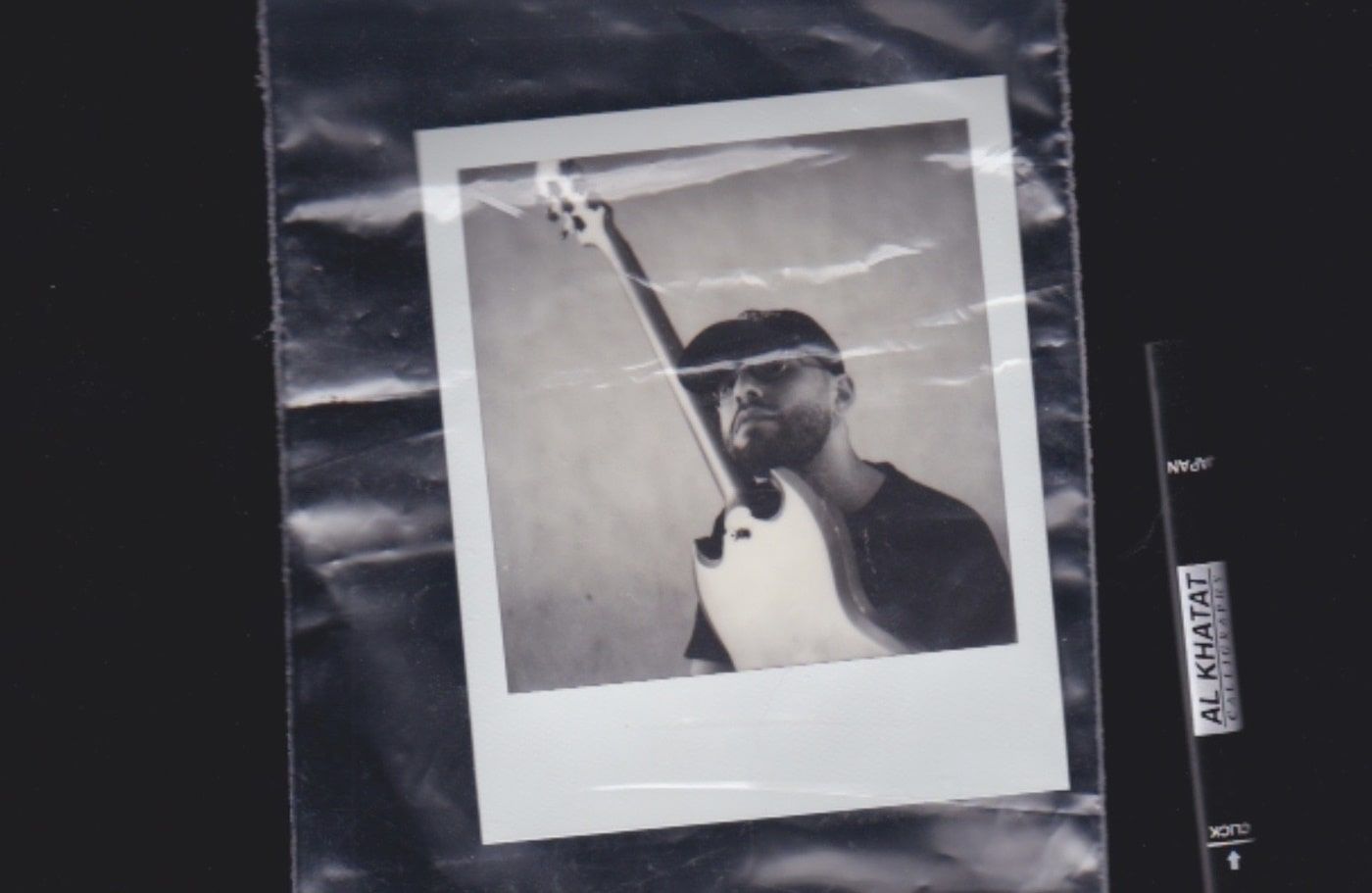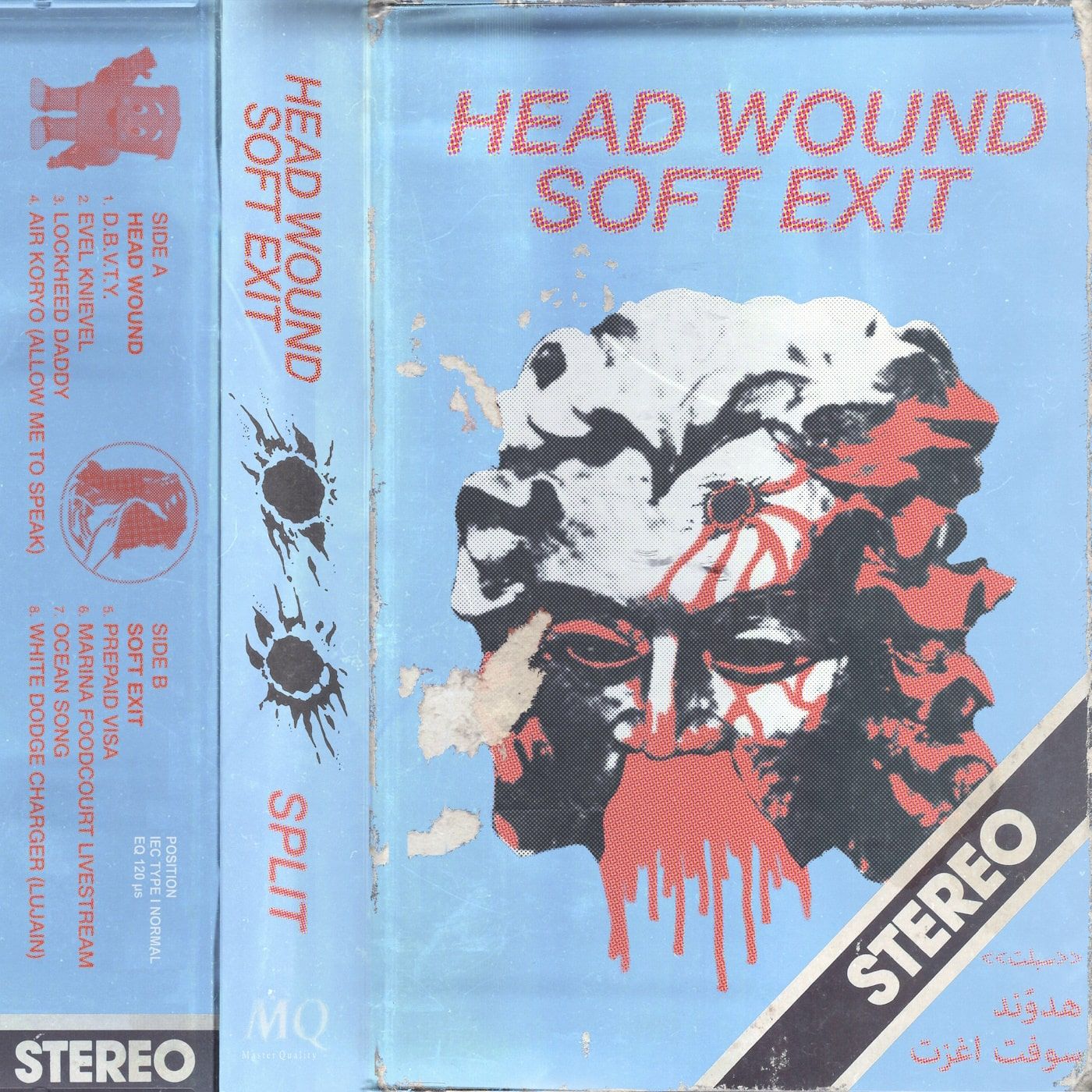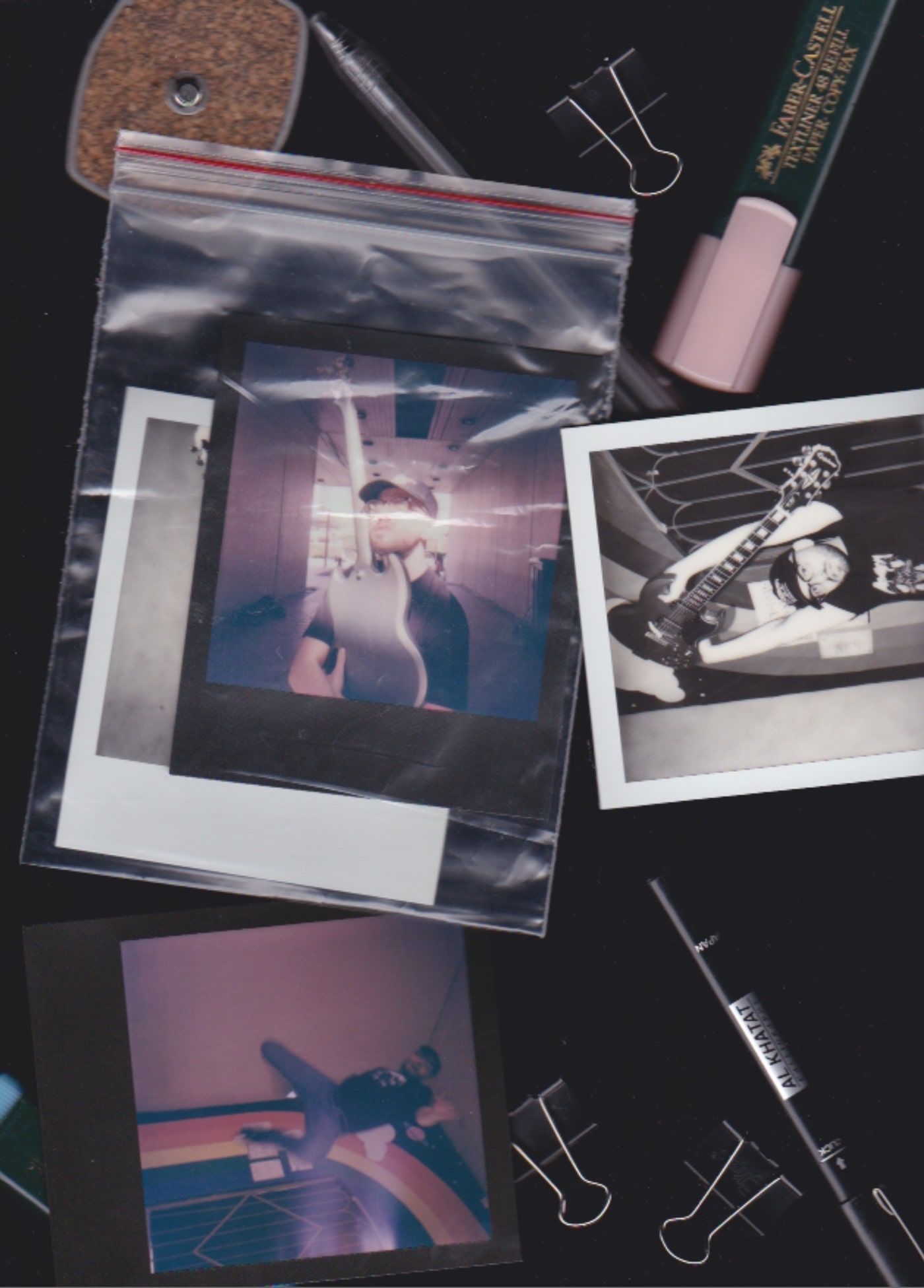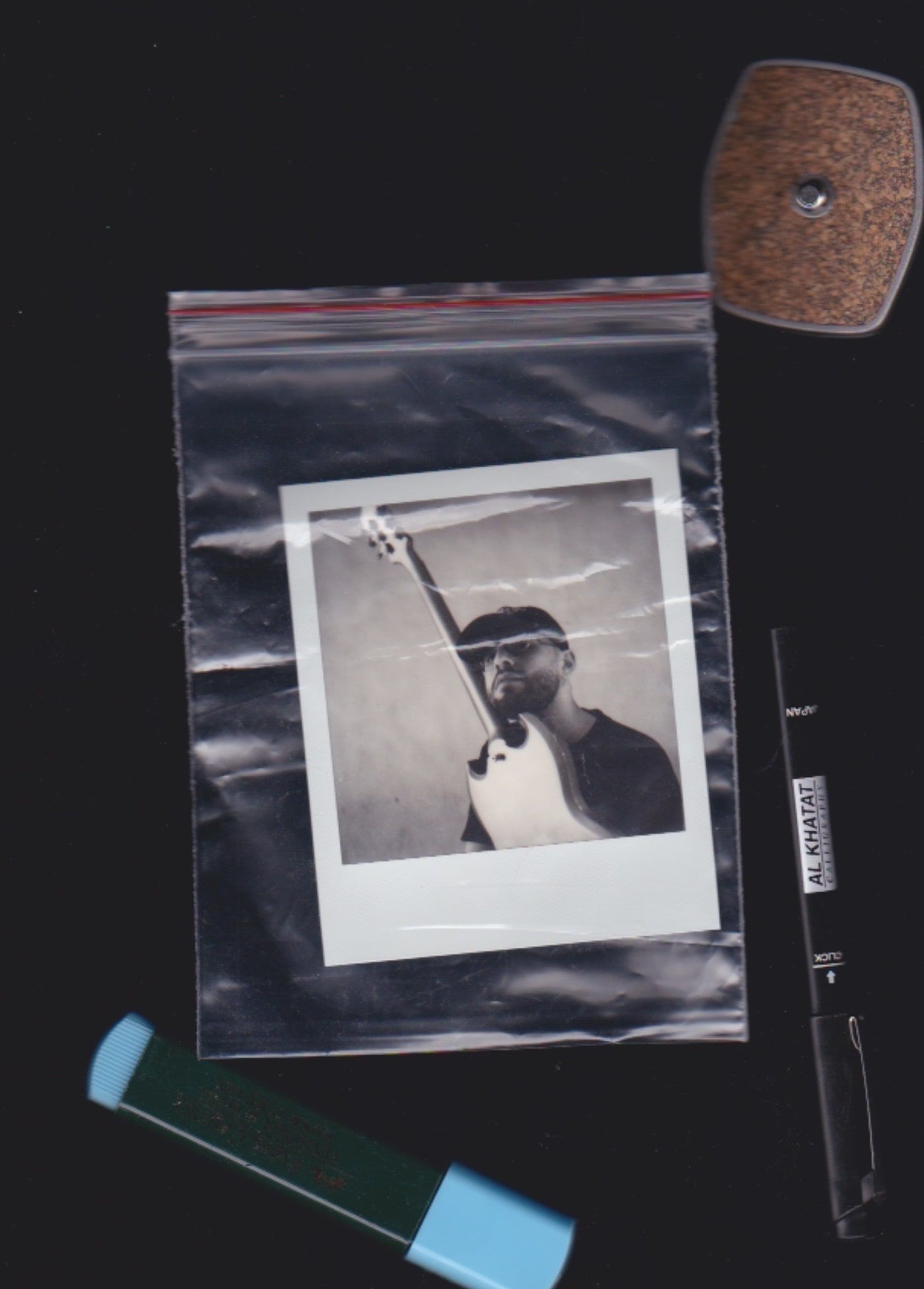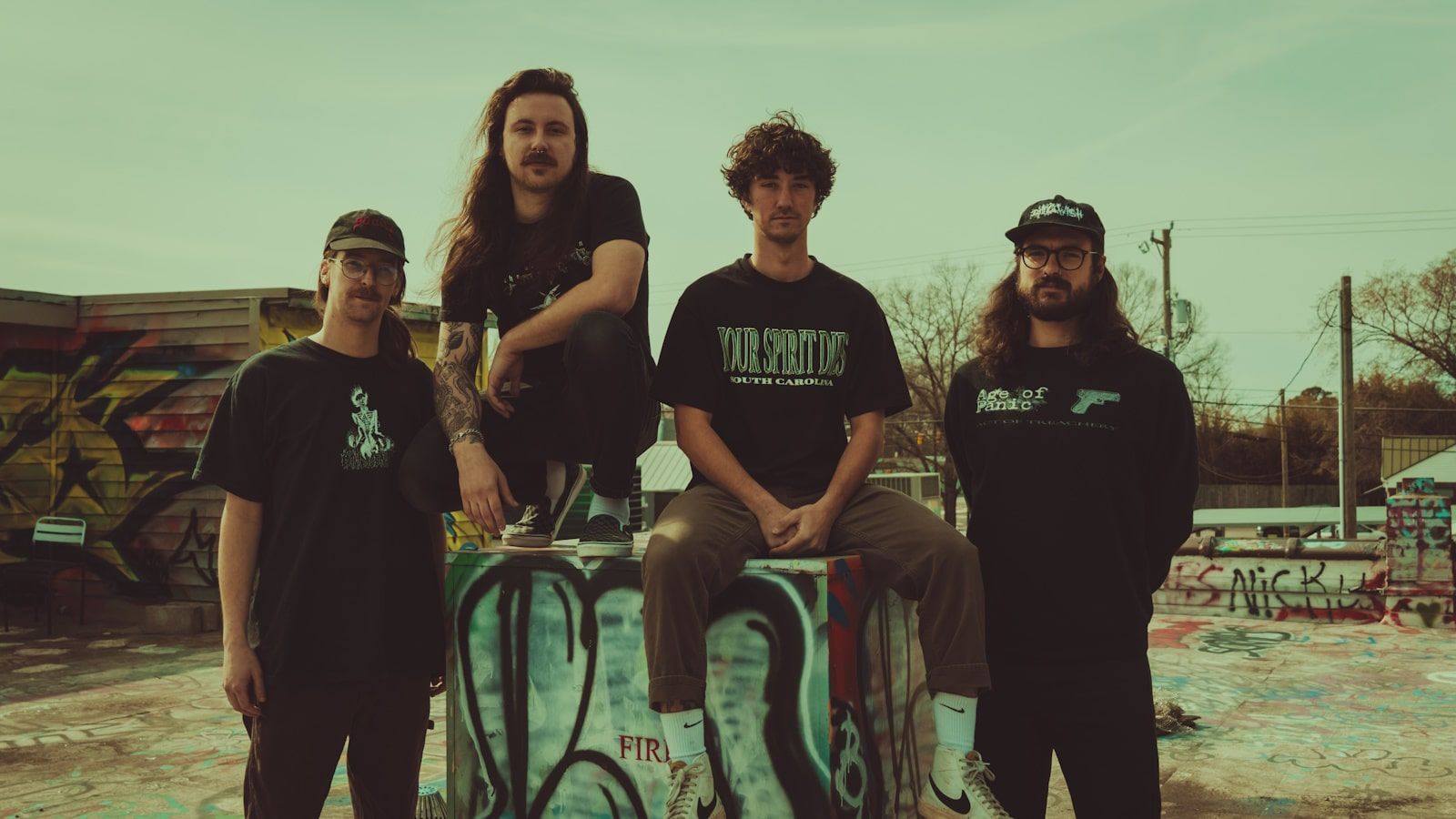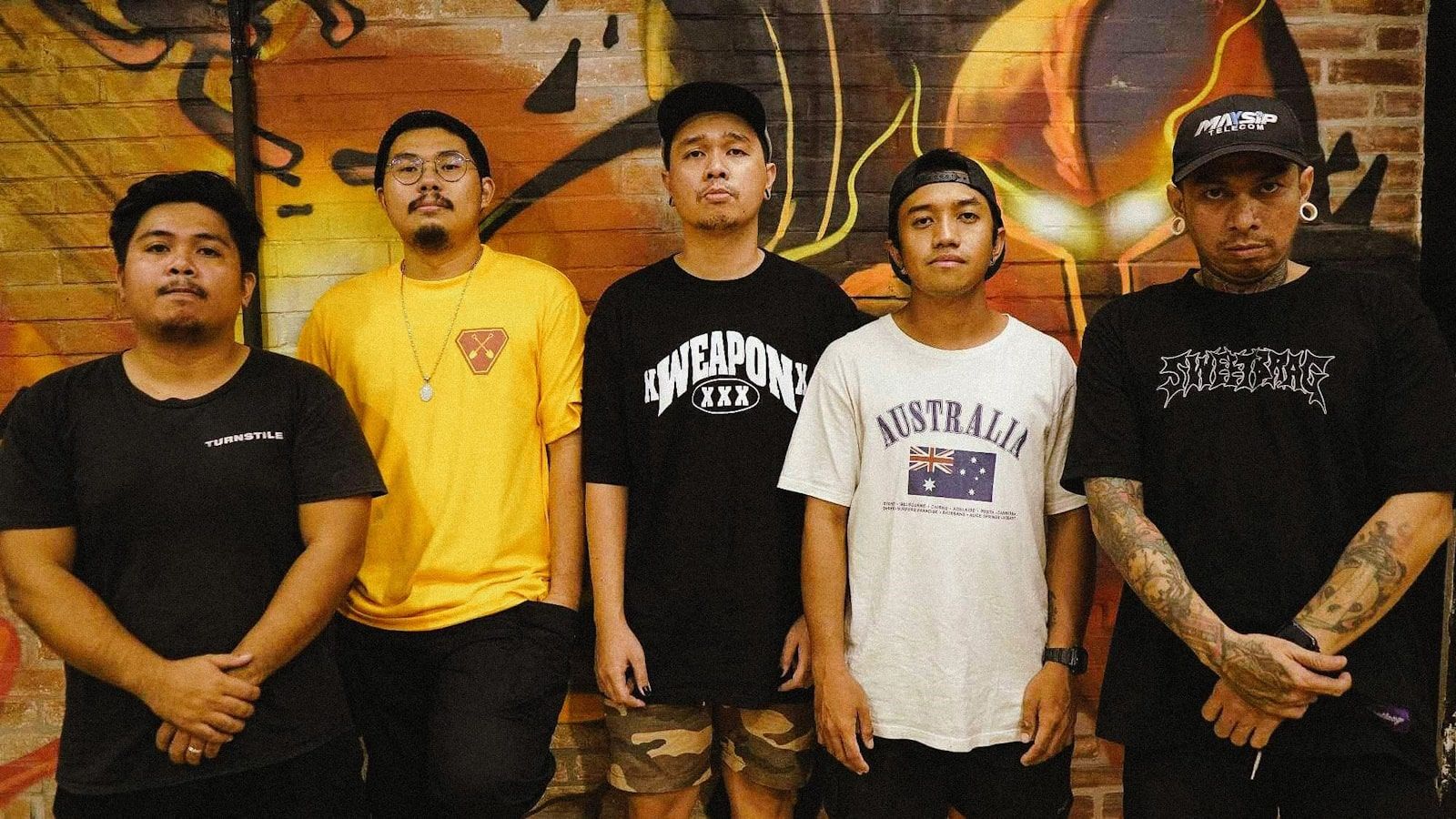In a scene that barely exists, Head Wound—a punk act from Kuwait—makes loud experimental take on the synth infused niche of the genre meant for ears both willing and resistant. This project is a necessary statement on navigating stifling limitations while staying fiercely independent. For Head Wound, where you’re from isn’t just a backdrop but a battleground that shapes the core of every riff, scream, and drumbeat.
For a long time, Kuwait offered limited space for anything outside commercial, state-approved performances, and punk certainly wasn’t on the bill. Underground punk doesn’t just face a lack of venues—it battles against a system where even finding a place to record is rare.
Local studios cater mostly to corporate work, leaving artists like Head Wound to rely on DIY setups, often piecing together tracks in home studios to ensure their sound reaches beyond Kuwait’s borders. “For louder, abrasive music, there’s barely an audience,” they say, “and there’s the ever-present risk of public scrutiny.”
Yet, this isolation has only intensified the band’s purpose. For Head Wound, the music is more than a genre; it’s an assertion of the right to express raw emotion.
View this post on Instagram
Their debut single “Air Koryo (Allow Me to Speak),” part of an upcoming split EP with noise artist Soft Exit, pulls no punches, blending punk’s dissonance with themes that resonate beyond genre labels. This release, dropping mid-November, is a testament to the unfiltered rage and satire embedded in their sound—a gritty portrayal of life under rigid structures.
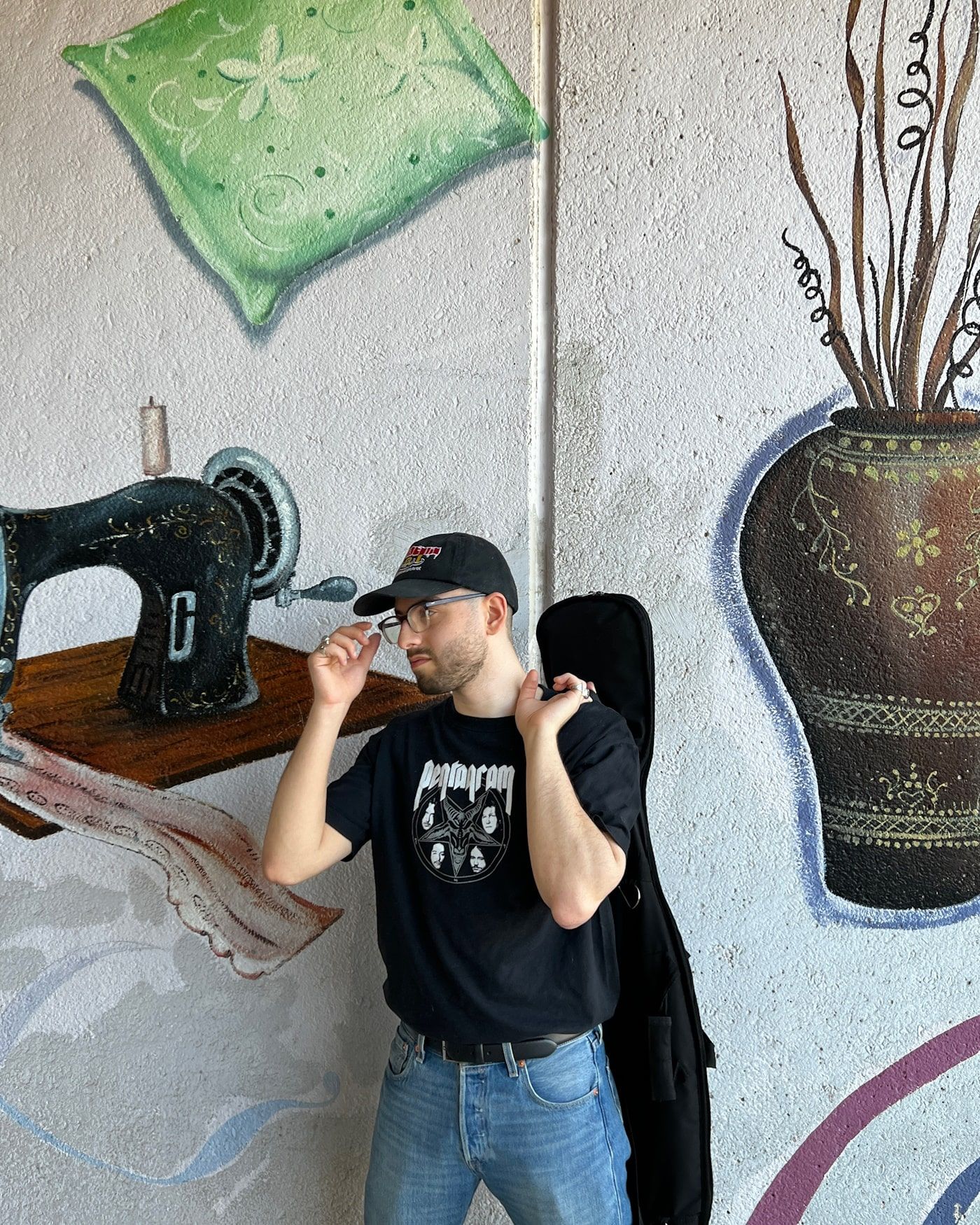
Head Wound emerged from a musician who initially honed his craft in London’s eclectic punk scene before bringing it back to a stifling cultural landscape in Kuwait.
During those London years, the artist played with Fatherland, a synth-punk band whose style mashed together influences like Talking Heads and Death Grips in small, gritty venues.
When the music scene in Kuwait lacked even this fragmented unity, he took inspiration from mentors like Yousif Yaseen, a pioneer in integrating traditional Arab music with rock elements. This collision of genres encouraged Head Wound to experiment with microtonal guitars and draw from traditional Arabic “sawt” rhythms, hinting at future releases that could bridge punk with Kuwaiti folklore.
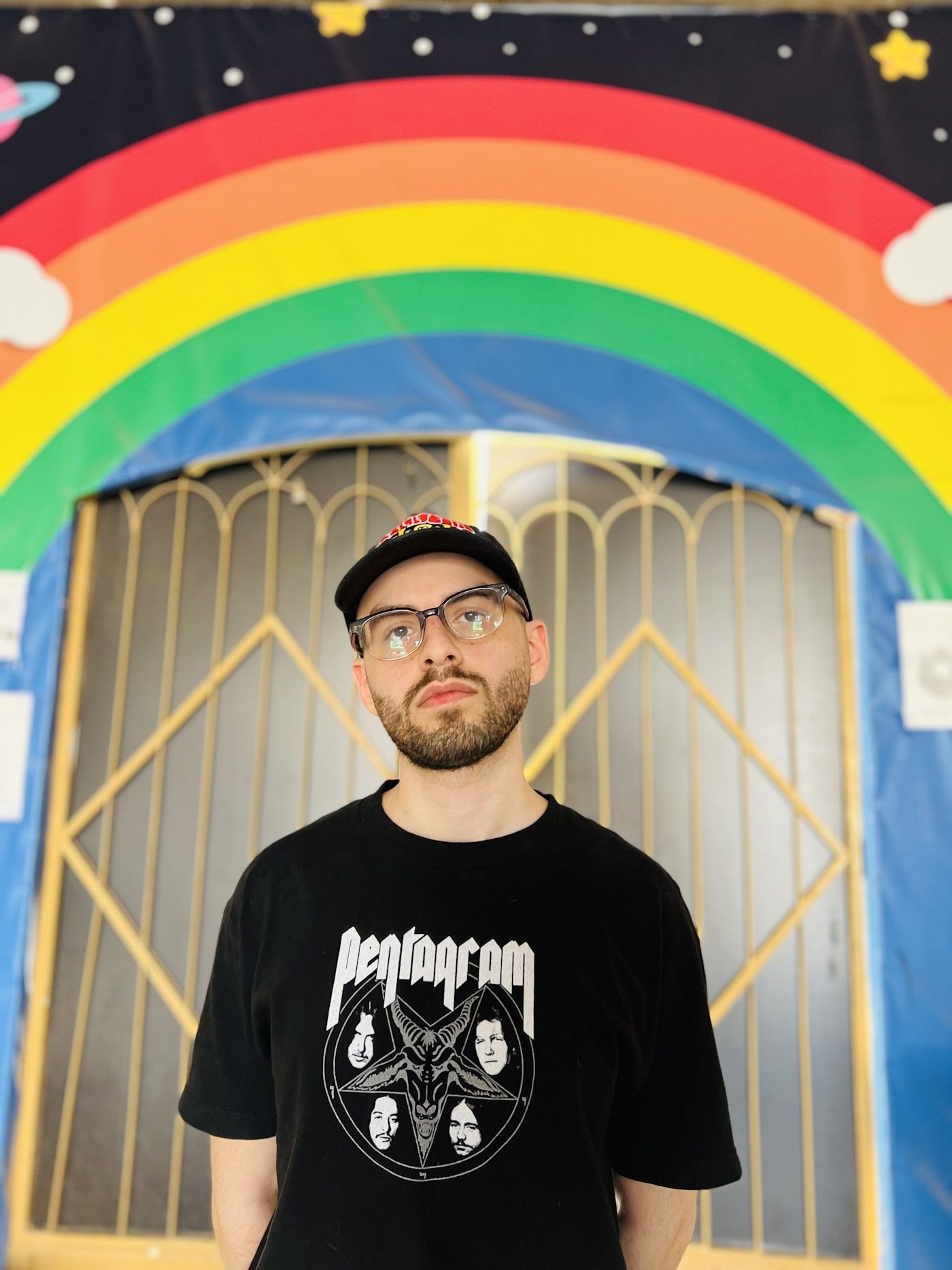
But creating in Kuwait isn’t just about fusing sounds—it’s about survival. With agencies primarily catering to corporate tastes and venues closed to independent voices, there’s little room for punk’s abrasive edge.
“The people moving fastest are state-backed or corporate,” Head Wound admits, “and there’s no way I’d be on one of those stages.” But this resistance has fueled a deeper need to carve out space within a constrained environment.
Collaborating with Soft Exit for the upcoming EP symbolizes this drive, proving that sonic compatibility isn’t essential; what matters is the shared spirit of rebellion.
With no immediate plans to tour, Head Wound remains focused on growing their catalog. They channel frustrations about the state of their region and their personal experiences into each track.
The sound might be “ugly,” as they describe it, but it’s an honest reflection of an environment where punk thrives against the odds. Through this relentless drive, Head Wound continues to reach beyond Kuwait’s borders, reminding other artists in similar situations: “Create, collaborate, and reach out. Your music is your message, and if it’s genuine, people will listen.”
Read the full interview below, where Head Wound discusses their evolution from metal fanatic to DIY punk, how a London punk scene differs from Kuwait, and the challenges of making punk survive in a region that’s anything but welcoming.
What sparked your initial interest in music, and how did you start your journey as a musician?
I remember becoming obsessed with metal music as an early teen and saving up to buy a guitar at age 13. My household wasn’t really that musical, neither was I that interested in music class during school. But something about metal music really tugged on me, as is the case with many angsty teens. But I remember I saved up for that guitar but was banned from buying it when my parents found out. There was a lot of Satanic-panic sort of fears back then. So I actually spent about 2 years watching guitar lesson videos on youtube *without* a guitar in my hands, mentally learning the different fingerings and positions, watching how my favorite songs were played (of course as a 13-14 year old that was Metallica, who else could it be?). Eventually I somehow managed to buy the guitar and things kind of took off from there.
I didn’t really start writing music until the age of 18 when I moved to London. Again, without any formal training whatsoever. So I was mostly messing around with whatever sounded cool or weird, very much a trial and error process. By that point my interest has expanded way beyond metal music, influenced by a lot of psychedelia, garage and outsider music. Because I wasn’t really a shredder, or an amazing singer so I was highly intrigued by the likes of Lou Reed and Daniel Johnston.
A good song doesn’t need you to be a virtuoso, a good song is a good song, anyone can make a good song. So that really encouraged me to start working DIY, in my little flat in London. Eventually I met Josh Gardner (DEEPFAKE) and Harry Yip (STEPFATHER) and joined FATHERLAND, which was a synth-punk group that focussed on highly charged lyrics, noisy instrumentation and glitchy percussion.
This was a great experience for me, we all had different musical influences but also many shared ones. We borrowed a lot from Talking Heads, Death Grips, Kraftwerk and the local London punk & rap sound that was emerging at this time (around 2017-2019). We made the rounds on London’s seediest indie punk venues for a good 2 years before eventually disbanding due to personal reasons. But throughout my journey I tried not to confine myself to one sound. I can pursue a punk sound but on my off time try and learn some jazz theory, or try to write a prog song for the hell of it. I find a lot of excitement in trying to implement non-punk approaches into a punk song as opposed to the tired 4-chord song structure.
How has your sound evolved over the years, especially after transitioning from London back to Kuwait?
Moving from London to Kuwait is like hopping off a fast-moving train. Theres no comparison between the paces of both places. But I think because time kind of stops moving in Kuwait, you get the chance to be more introspective, you don’t feel the constant pressure of the break-neck speed at which metropolitan cities move. So I’ve allowed myself to take more time to putting more thought behind the music. And, in an ironic way, my music became heavier and louder – even though the local palette doesn’t really have a taste for that here. But when you’re in your homeland, your emotions are stronger.
You care more about things going wrong or right, and that reflects itself onto the music. Plus, there isn’t really a punk scene here and in some way you get an extra drive to create something new, to expose the audience to something they’re not used to listening to. As opposed to a city like London, theres a million other artists competing with you and to some degree that hinders your creative process. You’re constantly trying to move with the tide of the scene. You can see that when a band makes it big, fifty other bands will start changing their sound to appear similar. So I’d say that music become more personal when moving back here – away from the sways of larger forces.
Can you share more about the inspiration and message behind your HEAD WOUND project?
HEAD WOUND is a form of release. We all suffer from living under rigid structures on a daily basis and naturally we feel all sorts of intense emotions that vary from rage to defeat to absurdity. So when I write material for HEAD WOUND I try to channel these emotions and create music that can match that level of intensity. It doesn’t matter to me if the music turns out ugly, sometimes its better off that way. Plenty of things we deal with everyday are ugly and painful to look at. The things we hear on the news are horrifying, the state of our region of the world is declining. Sometimes those ugly things are inside of us. I want to portray these things as they really are.
Sometimes with humor, sometimes with anger, but the idea remains the same: give myself an outlet for artistic freedom that isn’t constrained by others or influenced by financial factors. And if people also find some sort of release from my music then thats also great. HEAD WOUND can be noisy today, dancey tomorrow. Whats important is that the attitude towards the subject matter stays genuine and the approach towards songwriting remains fresh and intriguing.
How do you blend traditional Arab music elements with genres like punk, noise, and prog in your work?
Well as of now, I haven’t introduced any Arab influences into any of the HEAD WOUND material. I’ve previously worked on a project with local artist Yousif Yaseen that heavily involved the use of microtonal guitars to adapt traditional folkloric music into a somewhat rock format. Yousif is by all means a pioneer in this regard and is as much a mentor to me as he is a friend and collaborator – so I’ve learnt a lot from him with regards to the rich history of traditional music in our region and how one can approach “modernizing” it or even pushing its boundaries. We really bonded over the Kuwaiti genre of “sawt” to which he introduced me.
This genre is somewhat unique from other maqam music (eg classical Levantian or Turkish microtonal music) as the song structures are more akin to rock or blues songs (in my opinion, at least). The oud melodies are almost riffing, the performance is more raw with the right amount of virtuosity, the percussion is driving and pumping. I mean, to me, that’s a rock song.
So when I think about future HEAD WOUND material, I think why not draw from that influence? Why not make a punk song that uses microtonal scales or interpolates a traditional melody? Isn’t that what Dick Dale essentially did with ‘Misirlou’? Punk is also an attitude and not a sound, and to adapt these elements into my music would almost represent a sort of liberation away from Western influence that is directly or indirectly imposed on us while also creating a distinct musical identity rooted in the culture we grew up in.
It’s exciting to have instruments like microtonal guitars/basses and there are definitely plans to incorporate that into future HEAD WOUND material.
How did your collaboration with SOFT EXIT come about, and what can listeners expect from your upcoming split EP?
Omar (SOFT EXIT) and I have been close friends for quite some time now and we just decided on a whim to release a split EP. Like I said earlier, the scene here can feel quite segmented and the idea of collaborating or sharing a release can really add a sense of drive and momentum to the quality of material being produced.
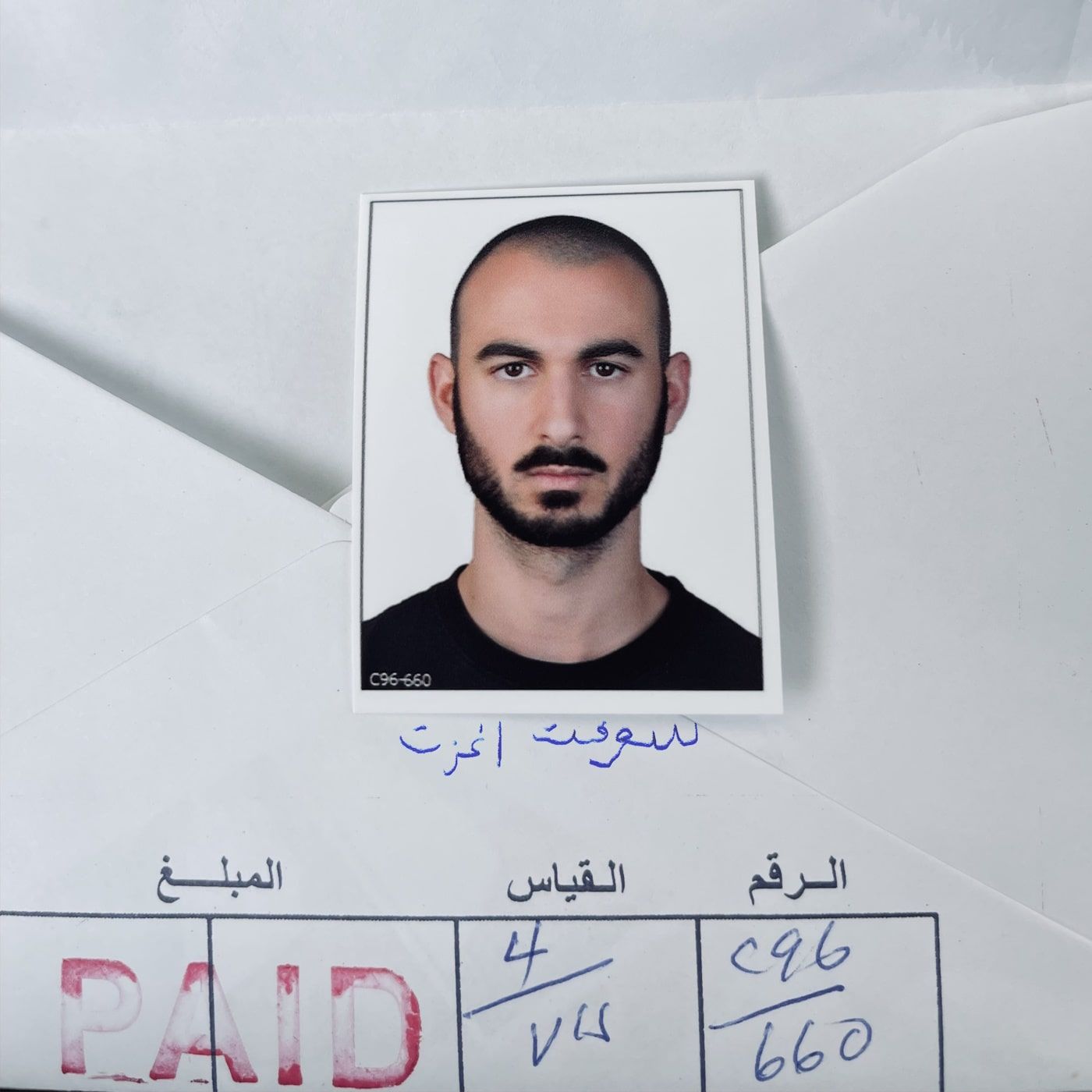
Even though SOFT EXIT’s material is electronic/noise and not that sonically similar to the HEAD WOUND stuff, they both compliment each other in attitude and approach. Plus, we both enjoy each other’s music so we don’t see why they can’t be on the same release. So what if one side uses instruments and the other is electronic? These types of categories aren’t really that relevant to us.
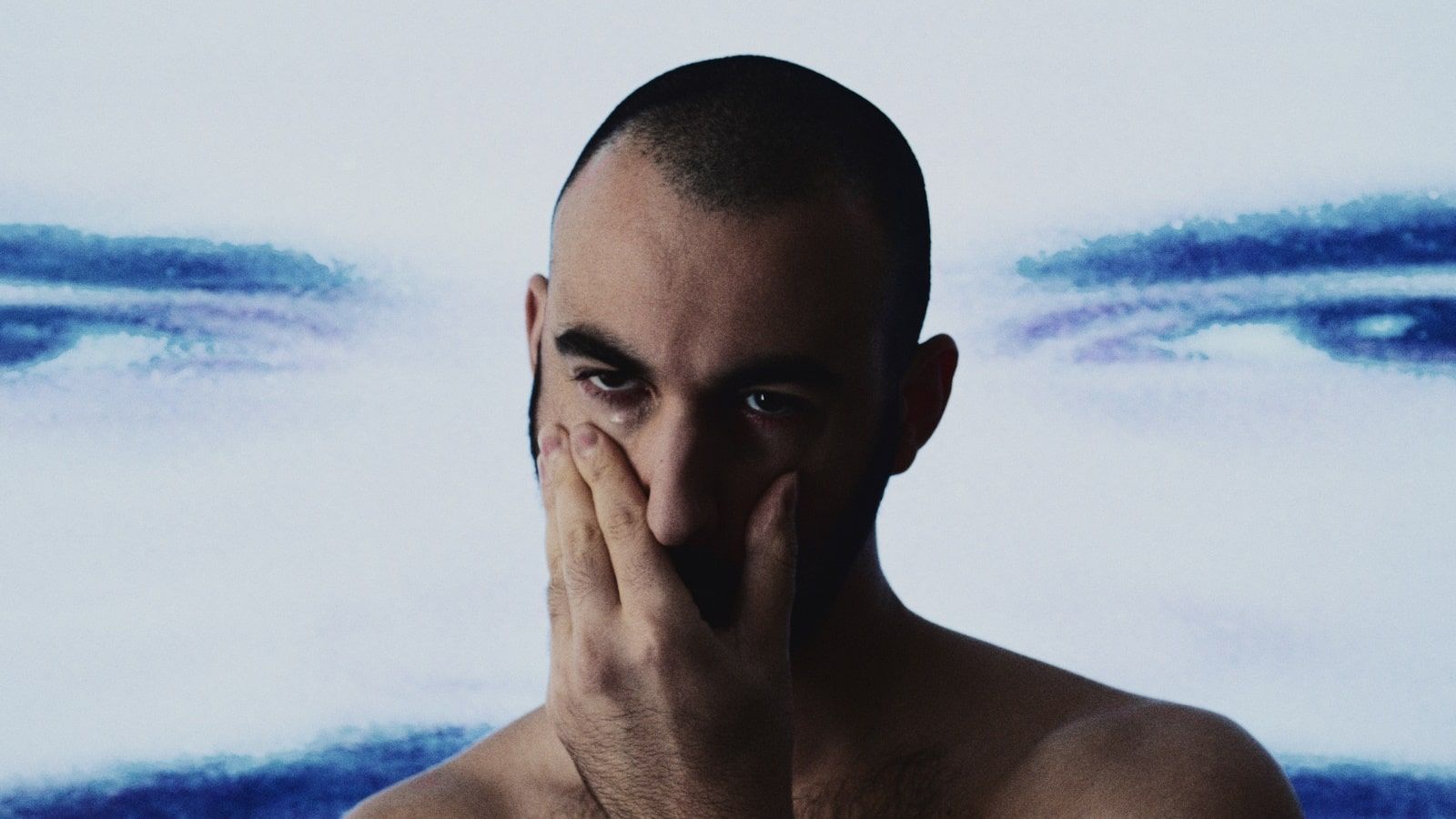
What matters more is the fact that there is a collective effort between two different artists to put out expressive and abrasive music that isn’t driven by commercial aspirations. You can expect anything from post-hardcore and d-beat to glitchcore and experimental.
What are some specific challenges you’ve faced in producing and sharing your music locally?
The biggest issue is momentum. Whether its from the recording stage or production or sharing/promotion. It’s a very slow country here, things move slower, people move slower.
There is a general sense of comfort that can really deaden the chances for many projects to ever see the light of day. The people who move the fastest here are backed by corporate money or the state, but I have little interest in playing sponsored events (and I highly doubt they’d find HEAD WOUND suitable for it either hahah). It’s hard for me to pinpoint exact challenges because theres simply a lack of infrastructure in many aspects – the challenges lie everywhere across the board.
Radio stations don’t stray far from the mainstream, venues are highly limited, studios are defunct and, culturally, as a musician you aren’t looked at with the highest regard. And even if you do find an audience abroad, you’re physically isolated from them, making it harder to have a presence within the global scene.
Despite the lack of formal venues and agencies, are there informal gatherings or underground movements supporting indie artists in Kuwait?
Yeah, informal or private events do happen but they aren’t a regular occurrence.
But generally whenever these informal gatherings happen, they tend to present infinitely more intriguing and exciting music. People feel safer behind closed doors to play whatever music they want, away from the pressures of event sponsors and local authorities. They can be as loud as they want, play for as long as they want and play whatever they want.
How are you leveraging online platforms to connect with a global audience and other music communities?
It’s not something that I’m used to, to be honest. My energy is mostly expended on making the music, you almost forget that you need a whole other skillset to share it with the world. But I think I’m doing it the best way I know how, which is getting in touch with magazines, blogs etc that share an interest in my style. Or getting in touch with promoters that work for artists that inspire me. Obviously sharing it with the local scene as well and collaborating with other artists. Having a sense of humor also helps. People like to engage with an artist who doesn’t have his nose in the air and would want to crack a joke with.
What are your goals moving forward? Any plans for live performances, tours, or new projects?
My main goal right now is to put out more HEAD WOUND material and keep exploring new sounds. I work a day job so I don’t make a living off of my music, so things tend to come organically and I feel no pressure to do anything if it doesn’t feel right. But this is still a passion project of mine so there’s plenty of drive to keep this machine running. There aren’t any plans to tour currently, but as soon as the next HEAD WOUND project drops by mid 2025, there should be enough material to take the thing on the road.
What advice would you give to other artists in regions with limited support for indie music?
Create, collaborate, and reach out. Keep making music that is genuine to you and your message and people will naturally support. But also don’t forget your part in supporting other artists. That’s what a scene is. We give and we take. It’s communal. The moment we breed that sort of mentality, the more would people want to be part of it. Don’t be afraid of reaching out for outside support either. Today, communities reach beyond border lines.
Keep in the loop!
🗞️ Subscribe on Substack
🔔 Join our Messenger and WhatsApp
📜 Get daily news via Instagram Stories
Your support keeps us alive!
IDIOTEQ is a one-man DIY operation, tirelessly spotlighting the local cultural scenes and independent bands that often go unreported elsewhere. Born in the early 00s, this platform has been committed to giving hard-working artists the high-quality coverage they truly deserve.
No ads, no distractions—just pure inspiration and a genuine focus on independent artists and their stories.
Please consider helping keep IDIOTEQ ad-free and in tune with the indie scene by donating today.
DONATE via PayPal 𝗈𝗋 SUPPORT via Patreon
100% of the funds collected go toward maintaining and improving this magazine. Every contribution, however big or small, is super valuable.
Your support ensures that we continue to be a place where you can discover, learn, and get inspired, without any advertising noise. Thank you for being a part of this musical journey.



